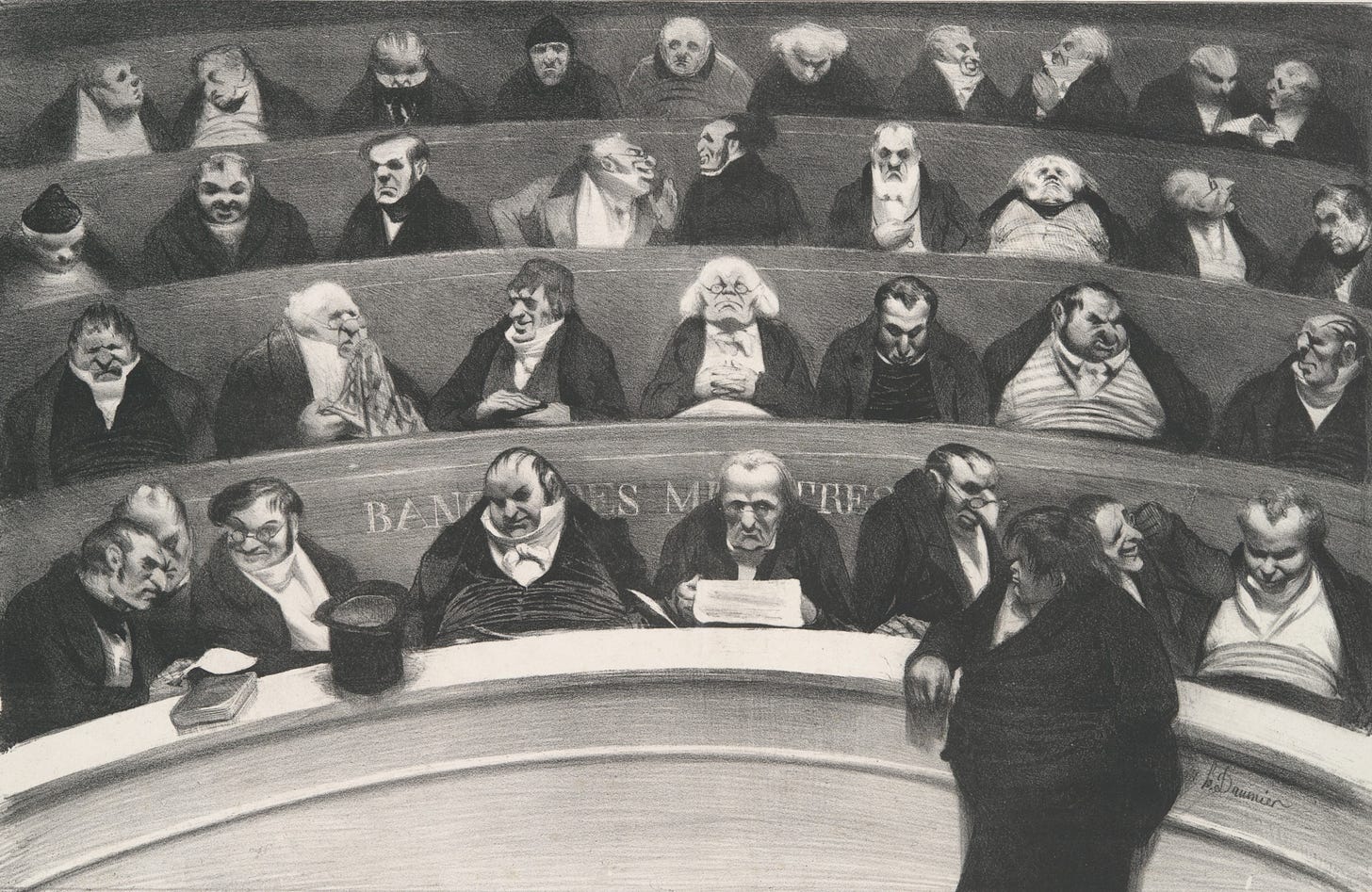How the Ruling Class Captured Identity Politics
Olúfẹ́mi O. Táíwò on elite capture, Wendy Doniger on unruly gods, and more

May 26, 2022
In this week’s issue of Public Seminar: civil rights and swimming pools, a new poetry podcast, the plight of Crimean Tartars, and more.
Identity Politics
“A few years ago, if you had asked me to give a list of pressing issues from the perspective of the study of racism, I would’ve been more likely to talk to you about the content of my graduate school courses than anything else. I was steering the conversation in this very elite space towards the kind of stuff that I related to.” In a conversation with Matene Toure, author Olúfẹ́mi O. Táíwò discusses his new book, Elite Capture: How the Powerful Took Over Identity Politics (And Everything Else), published this month with Haymarket Books. (May 23, 2022)
Poetry
In the first episode of new poetry podcast Multi-Verse, host Evangeline Riddiford Graham chats with poet Erika Meitner about “Thumbs-Up for the Mothership,” Meitner’s lyric investigation into sea level rise in Miami. “Climate change is a both quick and slow-moving disaster,” Meitner explains. “If you talk to any photographer working with sea-level rise or global warming—or any artist, even—one of the things that’s so complicated is how hard it is to capture.” (May 25, 2022)
Click here to subscribe to the Multi-Verse mailing list and receive poetry updates straight to your inbox.
Public Space
“As women’s bathing suits became smaller, white racial anxiety grew, and municipal recreation authorities and lawmakers acted to ensure that public swimming pools were segregated by race. Segregation was enforced not just by law, but through vicious attacks on Black swimmers. It was the murder by drowning of a Black teenager on a beach in Chicago in 1919 that sparked one of the deadliest race riots of the post-war period.” Janet Golden reviews Pool: A Social History of Segregation, an exhibit at Philadelphia’s Fairmount Water Works. (May 25, 2022)
Divinity Lessons
It’s an honor to receive a divine visitation—but the gods aren’t easy house guests. In an excerpt from the latest issue of Social Research, Wendy Doniger explores cautionary tales of hospitality in Greek and Indian mythology, and the repeating motifs of violated hospitality, the presence of gods at a feast involving a human sacrifice, and the fantasy of eating one’s own children. (May 20, 2022)
Relishing the public debate and intellectual commons on offer at Public Seminar? Show us your support with a tax-deductible gift.
Justice
“As displaced Crimean Tatars journeyed into the remote regions of Central Asia, nearly 2,000 miles from home, many perished from overcrowding and starvation. Almost half the population died in the labor camps from hunger, unsanitary conditions, disease, and fatigue.” Mariia Shynkarenko reflects on the displacement and suppression of the Crimean Tartars, a group still waiting for justice 78 years later. (May 18, 2022)



